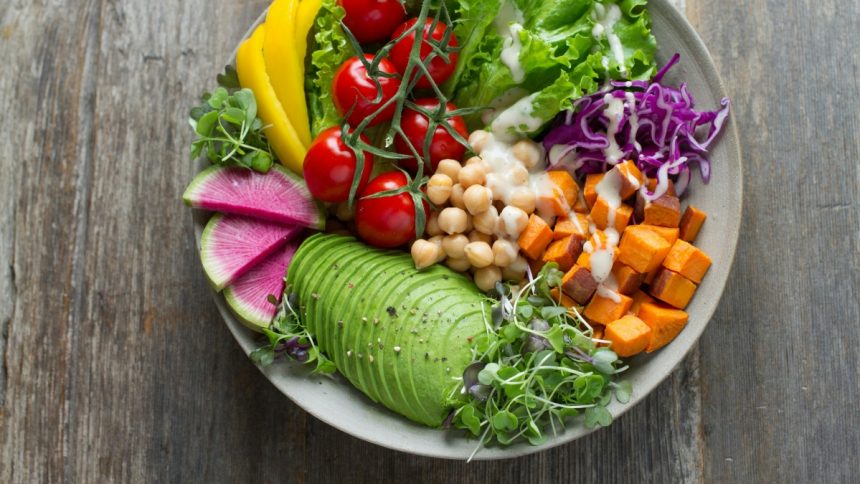Expectant mothers should understand that their body and fetus are a single whole in every sense. After all, everything that negatively affects the health of the mother is likely to lead to even worse disorders on the part of the unborn baby. As a rule, pregnant women are very responsible for their health and monitor the level of vitamins and microelements in their blood. But women who are planning a pregnancy should also take a responsible approach to their health – after all, a lack of many nutrients can negatively affect the reproductive system.
For families planning to have a child, doctors strongly recommend taking prenatals, which contain all the necessary vitamins and minerals to support the reproductive system. Alongside prenatal vitamins, using a fertility tracker can help monitor fertility health and ensure that the body is in optimal condition for conception. One of the most important components is iron and in this article, we will talk about why it is important and where it is found.
Why iron is important for the reproductive system
Lack of iron in the body causes such a dangerous condition as anemia. Women diagnosed with anemia are more likely than others to be diagnosed with anovulatory menstrual cycles. During such months, the egg does not leave the ovary, and, as a result, fertilization does not occur. In addition, a woman with anemia receives a small amount of oxygen to her reproductive organs, and as a result, the eggs can become either nonviable or inactive. All this affects conception and pregnancy.
Hematologists especially highlight diseases in which pregnancy is completely contraindicated and must be terminated in the first trimester for medical reasons if the problem cannot be successfully solved:
– Chronic severe iron deficiency anemia.
– Any form of blood hemolysis.
– Pathology of the bone marrow, leading to the aplastic form of the disease, as well as oncological processes in it.
– Any form of anemia with concomitant thrombocytopenia.
However, it should be noted that anemia is a complex disease and requires an integrated approach. The best effect is achieved when treating anemia in conjunction with the use of medications and maintaining an optimal balanced diet. Therefore, doctors prescribe supplements to women that contain iron. Of course, all vitamins and minerals can be obtained from food, but you should also remember that supplements already contain the necessary auxiliary substances for better absorption of nutrients.
Iron-rich foods
Shellfish
Almost every variety of shellfish is high in iron. Thus, a 100-gram portion of oysters provides around 3 milligrams of iron, which is 17% of the daily need. Furthermore, this quantity contains 24% of the Daily Value for Vitamin C and 4% of the Daily Value for Vitamin B12. Shellfish are also low in calories, high in protein, and boost levels of “good” cholesterol, which helps avoid heart disease.
By-products
The liver, kidneys, brain, heart, stomach, and other offal contain a lot of iron. Although not everyone enjoys the flavor, by-products are typically more nutritious than meat. For example, 100 g of cow liver provides 36% of your daily iron need while also meeting your daily vitamin A requirement. Offal is also rich in protein, copper, selenium, and choline, all of which are beneficial to the liver.
Red meat
It is the primary source of readily absorbed heme iron. Furthermore, darker flesh has more of this microelement. A 100-gram steaming ground beef burger has 2.7 milligrams of iron. This meets the daily requirement by 15%. Meat contains protein, zinc, selenium, and B vitamins. However, poultry is low in iron, with just 0.7 mg per 100 g of turkey.
Spinach
Spinach contains an unusually high concentration of nutrients. It includes folate, lutein, beta-carotene, calcium, and vitamins A and E. In addition, 100 g of the product provides 15% of the daily iron need. It is non-heme yet easily absorbed because to spinach’s high vitamin C content. Doctors recommend briefly boiling the leaves to lower the quantity of oxalic acid, which inhibits iron absorption.
But keep in mind that 100g of fresh spinach is a large bag. It is intended for a large group and cannot be consumed all at once. Furthermore, spinach prefers to collect nitrates, which are commonly employed when cultivating it. Purchase the food from reputable farm merchants or in specialized organic packaging. Or try growing it yourself on a windowsill. In the winter, instead of fresh spinach, use frozen spinach, which retains all of its healthy benefits and flavor.
It is recommended to consume all of the listed products fresh (fruits – without heat treatment, and meat and porridge – only freshly prepared). However, not everyone can eat foods high in iron. Often people’s diets are unbalanced or irregular. In such cases, the use of vitamin complexes and specialized medications can help.
Expectant and planning mothers should prioritize their health, including maintaining adequate iron levels, as deficiencies can severely impact both their own reproductive health and the well-being of their fetus.
Lynn Martelli is an editor at Readability. She received her MFA in Creative Writing from Antioch University and has worked as an editor for over 10 years. Lynn has edited a wide variety of books, including fiction, non-fiction, memoirs, and more. In her free time, Lynn enjoys reading, writing, and spending time with her family and friends.















